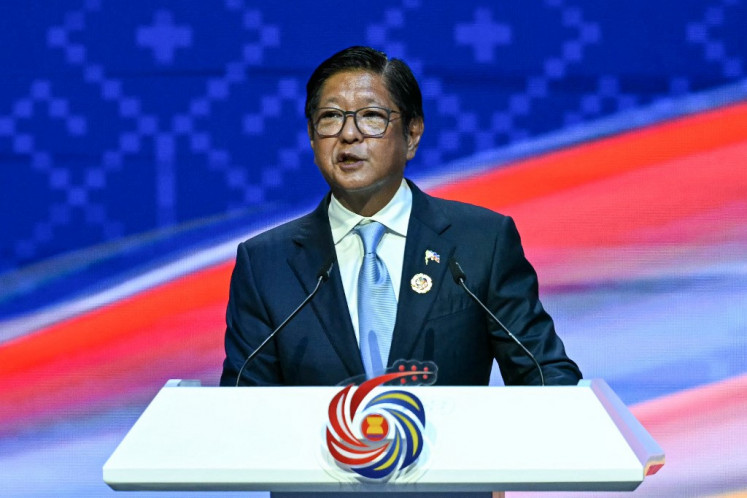Popular Reads
Top Results
Can't find what you're looking for?
View all search resultsPopular Reads
Top Results
Can't find what you're looking for?
View all search resultsNew hope for Indonesian language learning in Australia
After the Bali bombings in 2002, some Australian parents forbade their children to learn Indonesian and objected to school trips to Indonesia.
Change text size
Gift Premium Articles
to Anyone
“If you talk to a man in a language he understands, that goes to his head. If you talk to him in his language, that goes to his heart.” – Nelson Mandela
Indonesian language learning in Australia could not have asked for a bigger boost from the new government in Canberra. During his visit to Indonesia in June, shortly after his election, Australian Prime Minister Anthony Albanese expressed support for more Australians to take up the language. And Australian Foreign Minister Penny Wong’s flawless Indonesian in a YouTube video that went viral amounts to an endorsement.
Interest in learning Indonesian has indeed declined, from 6.4 percent of all Australian school kids studying the language in 2006 to 3.4 percent in 2019. Are we seeing signs of a revival?
It's unfortunate that today only a few Australians want to learn Indonesian. They are missing out on the opportunity to understand the rich and diverse cultures of their giant northern neighbor. You will understand other people more perfectly if you learn to speak their language. Mastering the language could avoid misunderstandings that in the past have disrupted bilateral relations.
Reviving interests in learning Indonesian in Australia faces three challenges.
First, Indonesian has been losing out in popularity to other Asian languages. In discussions with students in Canberra, I found that they took up Japanese because of the popular manga comics, Korean because they enjoy K-pop and Mandarin because of China's economic rise.
Second, school principals and parents are not supportive, as they can’t see the real value of learning Indonesian for their children. Culturally, predominantly Muslim Indonesia is considered "different" from Australia. Economically, Indonesia’s rise has not been as impressive as that of China. From a security perspective, some Australians perceive Indonesia as unsafe. After the Bali bombings in 2002, some parents even forbade their children to learn Indonesian and objected to school trips to Indonesia.



















